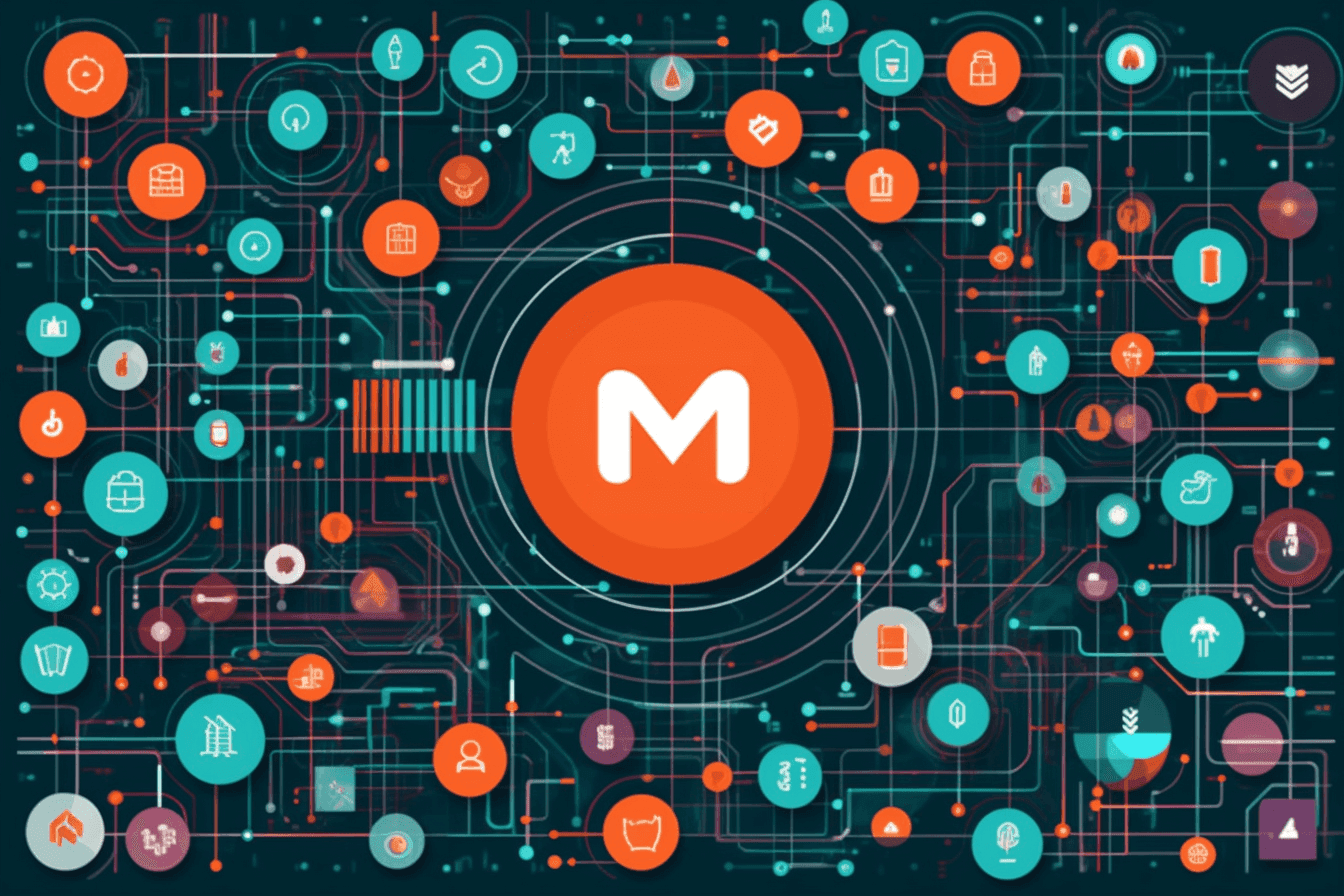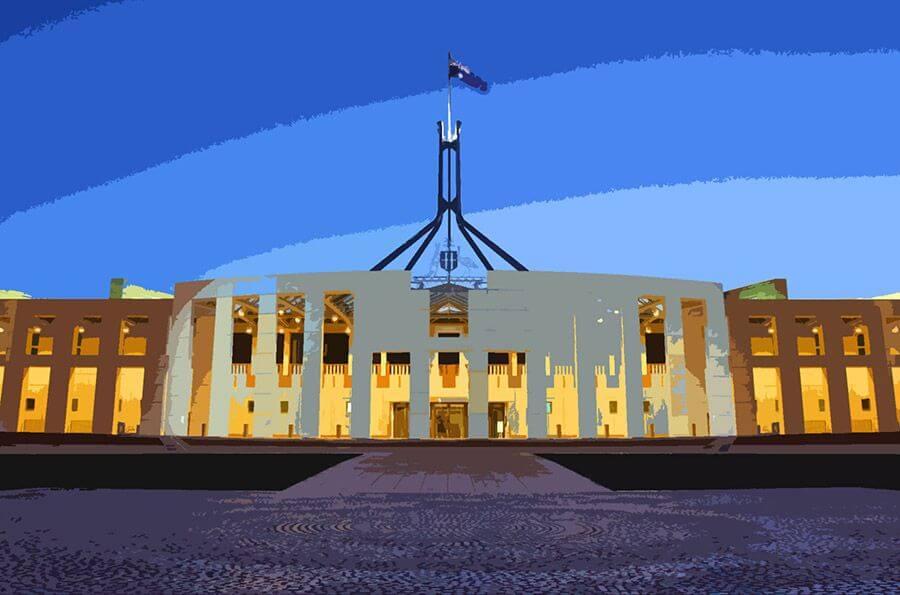In the world of cryptocurrencies like Bitcoin and Litecoin, it's all about decentralization and financial self-sovereignty. This means taking control of your wealth and saying goodbye to traditional financial intermediaries. One of the ways individuals engage with this transformative shift is by operating their own nodes in the cryptocurrency network.
Being a node operator isn't just about participating; it's also about contributing to the network's stability. Nodes come in different forms - full nodes that store the entire blockchain, and lightweight ones that focus on specific parts. Regardless of their type, all nodes play a part in upholding the decentralized spirit of cryptocurrencies.









